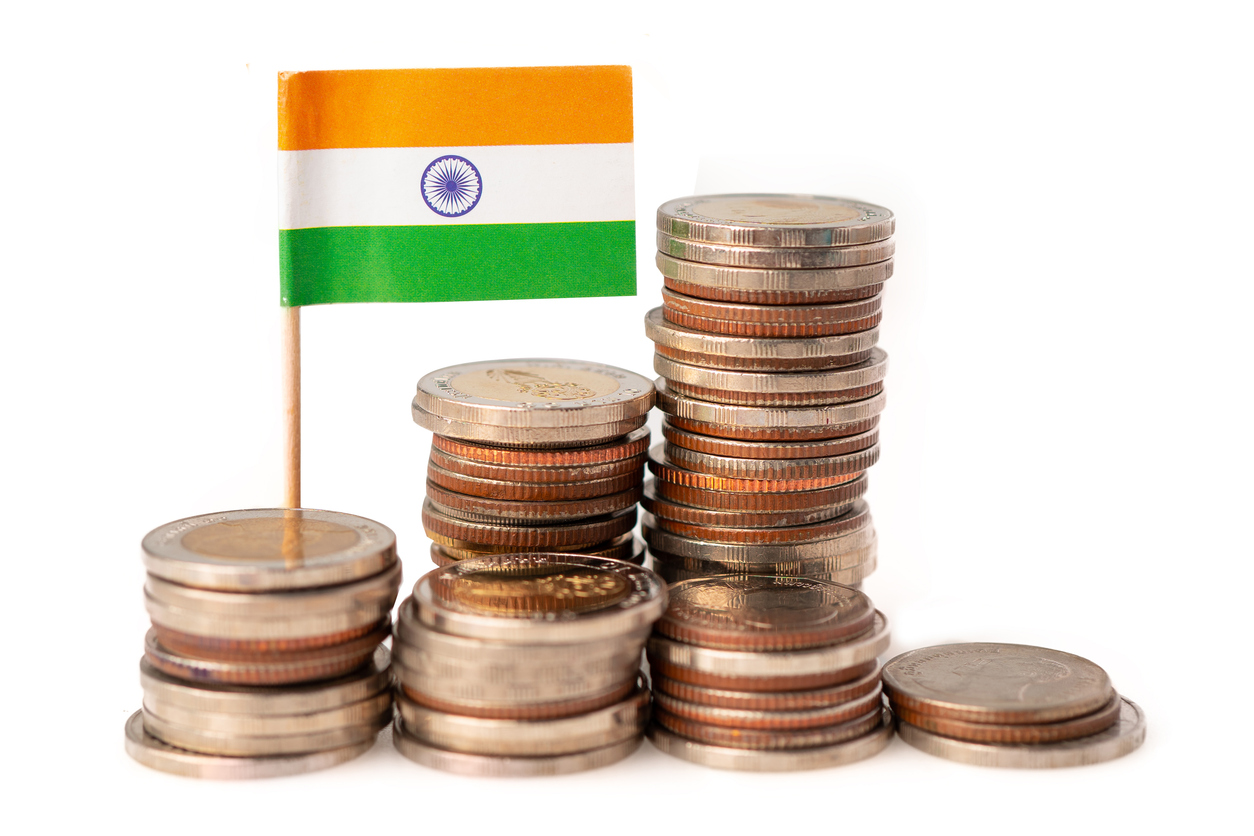
Will the Union Budget 2021-22 Reflect on the Lessons Learnt From the Pandemic?
Suggestions to focus on revival of the economy
As the country still grapples with the on-going pandemic and an all-time low economy, all eyes are set on the Union Budget 2021-22 (‘Budget’) to offer some economic relief. The Budget is scheduled to be presented on 1 February 2021 and has already garnered a lot curiosity with the Finance Minister promising that “a hundred years of India wouldn’t have seen a budget like this”.
The year 2020 has been full of unprecedented challenges and lessons, to say the least. Accordingly, it will be helpful to see how a once in a century Budget reflects on these lessons and addresses the concerns elaborated below.
Health Infrastructure With a Focus on Mental Health
Approximately 90% of the poorest of Indians in rural and urban India have no form of private or government health insurance. Further, 95% of middle-class Indians do not have adequate health insurance. In light of these statistics, many industry experts have time and again voiced their concern regarding the limited tax deduction available for health insurance under Section 80-D of the Income-tax Act (‘IT Act’). Hence, increasing the maximum amount of deduction that can be availed for health insurance premium and preventive health check-ups would be a welcome step. Going forward, this will encourage more people to opt for health insurance and would ensure that they have the necessary means to seek requisite medical care.
Further, isolation, loss of loved ones, economic uncertainty and fear of the disease has caused an alarming spike in cases of stress and anxiety. Accordingly, in addition to increasing the monetary cap under Section 80-D of the IT Act, it should be clarified that counselling and therapy sessions would be included within the meaning of “preventive health check-ups”.
Notably, in the US, mental health counselors are eligible for several tax deductions. Therefore, it is likely that adopting a similar tax policy in India may inspire more people to pursuit such courses and help in create awareness about mental health.
Work From Home (‘WFH’)
WFH is the new normal and it is possible that in the coming times organisations may prefer to continue the WFH model, either partially or completely, instead of reverting to a traditional work from office set-up. Over the course of this financial year (‘FY’), employees have incurred several additional expenses such as ensuring continuous electricity, hi-speed internet, ergonomic work chairs and tables, stationery, air conditioners etc. Reimbursement of such expenses by the employer may be taxable in the hands of the employees as perquisites in the absence of any specific exemption or clarification.
Accordingly, the Budget should include a clarification that any assets or reimbursements provided exclusively for assistance in WFH (during FY 2020-21 and in the subsequent years) shall be exempt from tax. Alternatively, the government may introduce a fixed standard deduction for expenses incurred by employees during WFH.
Risk of Constituting a Permanent Establishment (‘PE’) in India
A PE is said to be constituted when an entity has some form of taxable presence in a country other than its home country through which it carries on its business. Where a foreign company is treated as having a PE in India, its global profits, attributable to operations in India, are taxable at 40% (plus surcharge and cess). It is pertinent to note that a foreign entity could be said to be constituting a PE in India, where it is viewed as having a stable and ongoing presence in India in the form of a single employee.
Due to the travel restrictions, many NRIs had to work out of India for an extended period which could result in constituting a PE for their foreign employers. While, many countries including France, Ireland and Australia have clarified that physical presence on account of travel restrictions would not have any tax implications for the foreign entities. India has yet not issued any similar clarification. Accordingly, the Budget should provide suitable relief.
Cash Flow Blockage in the Market
After a devastating year of health and economic crises, India is slowly beginning to show signs of recovery. However, businesses and entrepreneurs are still struggling to generate adequate working capital due to disrupted supply chains. Promoting trade and investment is key to increasing the spending capacity of people. Hence, to improve cash flow in the market, the government should explore the following measures:
- Relaxing the conditions to avail 15% corporate tax – Recently, the government reduced the corporate tax rate to 15% (plus surcharge and cess) for any domestic company incorporated on or after 1st October 2019, and which commences manufacturing on or before 31st March 2023, subject to specified conditions. However, due to the pandemic, various investors are not yet keen to commit to new projects. Hence, the government should consider extending the cut-off date for commencing manufacturing activities beyond March 2023. Further, the benefit of the lower tax rate of 15% should be extended to other sectors such as research and development, tourism and hospitality.
- Reintroducing the tax holiday for special economic zones (‘SEZs’) – Domestic tax law provides a beneficial tax regime for newly established units in a SEZ, subject to certain conditions. However, such beneficial regime is only available for units that received the necessary approval by 31st March 2020 and commenced operations by 30th September 2020. Hence, it will be worthwhile to consider extending the tax holiday for units set up after 31st March 2020 as it will incentivise investments and promote India as a viable jurisdiction for global investors.
The Budget plays a key role in setting the tone of fiscal policy. Hence, the government should consider amending the tax regime to not only focus on current economic revival but also help in increasing the saving capacity of people, promoting health infrastructure and building a strong network of constant cash flow in the market.
During these uncertain times, an inclusive fiscal policy would ensure that Indian taxpayers are better equipped to handle market instabilities.



